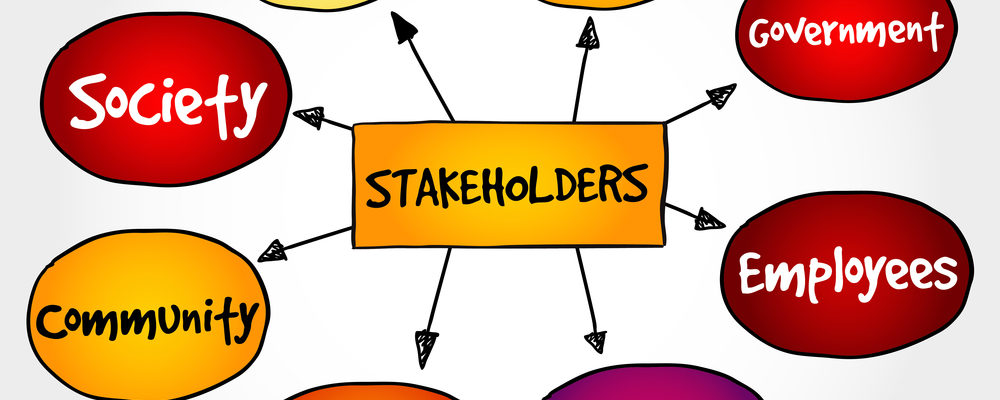It has been just over a year since Business Roundtable (BRT) – the US network of blue-chip CEOs – published its landmark reassessment of what a corporation is for.
In a move that made significant waves at the time, the influential body pulled away from its longstanding stance that corporations should prioritise the interests of shareholders, and instead asserted that they should promote “an economy that serves all Americans”. (Business Roundtable, 19 August 2019)
To mark the first anniversary of BRT’s statement, author Judy Samuelson – executive director at US leadership think tank the Aspen Institute – has penned a special opinion piece for Quartz at Work to review how corporate priorities have changed over the past year. Her verdict: that the pace of change has been nowhere near quick enough.
She writes: “A version of governance that appeases shareholders first and trumpets a company’s good works while ignoring the fundamental costs of the business model is insufficient.
“We know we are still operating by the demands of profit maximisation and shareholder primacy when we contract out jobs that are the entry point for less-skilled workers, when the priorities of the company’s lobbyists are disconnected from statements of corporate purpose, and as long as tax avoidance and transfer pricing schemes keep accountants and tax attorneys employed. We know it when companies are winning by the old rules that are out of synch with the vision the BRT lays out.”
The sort of change that’s required, she argues, “will require a reset of priorities in the boardroom and the C-suite. And while 2020 may not be the best year to make substantial progress against retooling jobs and economic opportunity for all, the public isn’t in the mood to wait.”
Samuelson notes that when the BRT published its statement, the mantra of shareholder primacy “had begun to unwind, but the system overall is still geared toward shareholders. Even in the ‘ESG’ world of data collection and ubiquitous survey instruments to track progress on environmental, social and governance matters, the metrics and measures are designed to serve investors, not business decision-makers.”
She points out: “Importantly, the most committed change agents and business allies are already inside the tent. It’s the employees who have business insight – knowledge of product and responsibility for quality control, the user experience, and the health of the supply chain – and share an understanding of both the impediments to change and the cost of inaction.”
Employees, she stresses, “are in a unique position to mark their own employers’ progress” on critical social issues. (Quartz at Work, 18 August 2019)
Which must leaders do to align their firms more closely with BRT’s vision?
The Institute of Leadership’s former head of research, policy and standards Kate Cooper says: “Our Companion Charles Hampden-Turner, and his consulting partner Fons Trompenaars, have long campaigned for a more conscious, stakeholder-oriented capitalism. And if the Covid-19 crisis has highlighted anything, it’s the interconnectedness of supply chains, and of the various stakeholders who make businesses work. Absolutely central to that network of partnerships are the employees: the people who pivoted to home working so quickly and kept talking to customers: another key, stakeholder group.
“Indeed,” she notes, “in terms of pure logistics, the people who would have been least affected by this seismic shift are shareholders, who have no operational role. So the crisis has really thrown into sharp relief exactly what it takes to run a business. And if any single group of stakeholders is unable to fulfil its role, the overall value chain collapses. For example, if suppliers can’t provide materials, then you as a business can’t delight your customers – and that reflects badly upon your employees.”
Cooper adds: “Let’s retain the lessons we’ve learned. Let’s remember how important every stakeholder is. And let’s recognise – and celebrate – the willingness and flexibility of our employees as they strive to work differently in order to keep our organisations going.”
For further insights on the themes raised in this blog, check out the Institute’s resources on engaging stakeholders
Source refs:

